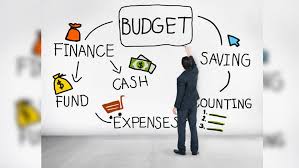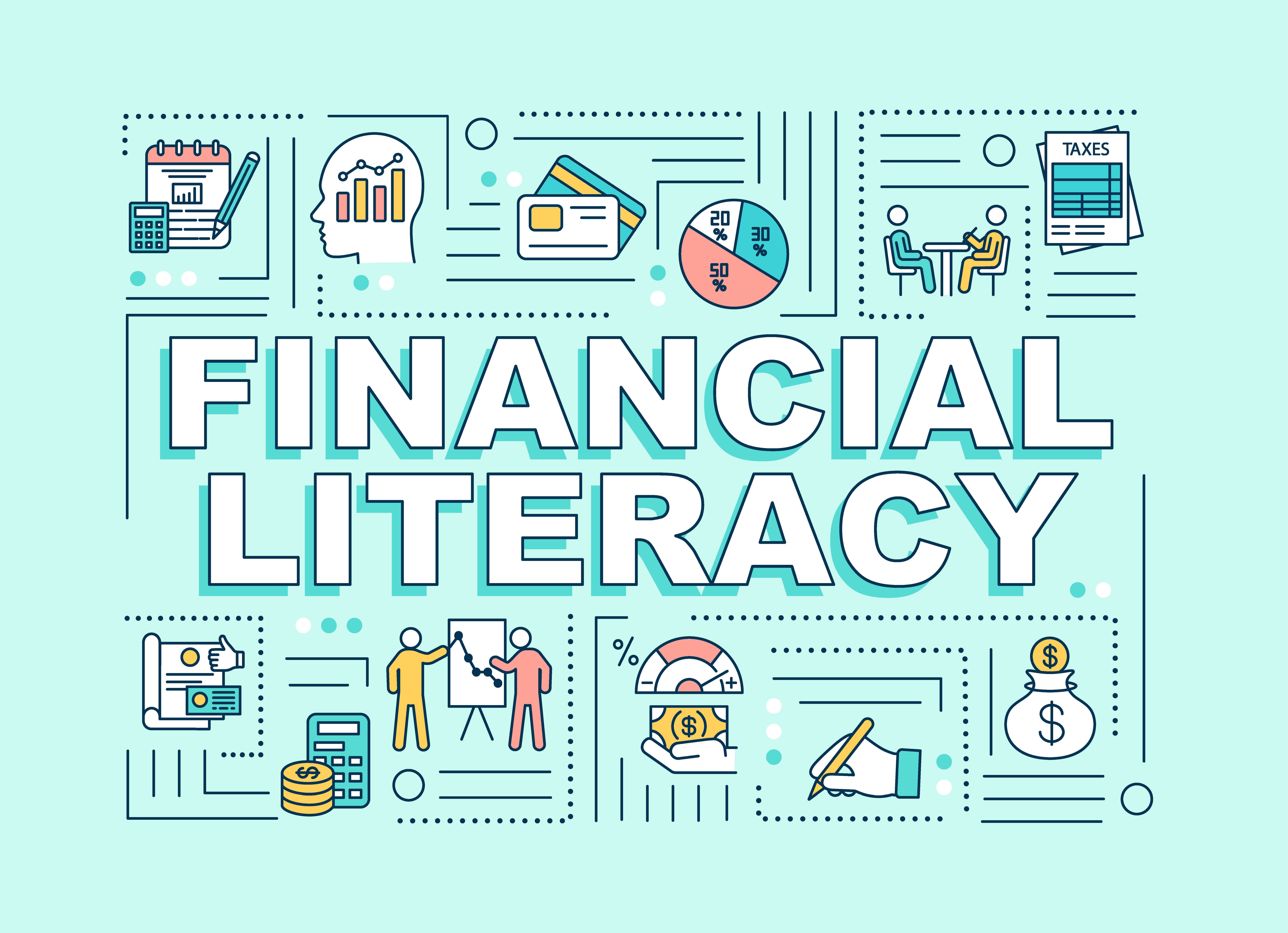Financial Literacy
Financial literacy refers to the understanding and utilization of various skills related to managing money, such as creating and sticking to a budget, investing wisely, and making informed financial decisions. Being financially literate provides a strong basis for handling money effectively and can lead to a better overall financial situation. Starting to develop financial literacy early in life can greatly benefit individuals in the long run, as knowledge and education are crucial components of achieving financial success.
Financial Literacy Overview
- Understanding and mastering financial skills and concepts.
- Preventing financial fraud.
- Achieving life goals like saving for education or retirement.
- Managing debt wisely.
- Successful business management.
- Key components: budgeting, retirement planning, debt management, and spending monitoring.
- Acquired through reading, podcasts, financial content, or professional advice.

Strategies to Improve Financial Literacy Skills
Developing financial literacy means acquiring knowledge and skills in areas such as budgeting, managing debts, and using credit and investment products wisely. It is important to learn how to effectively handle money and make sound financial decisions. The good news is that it is never too late to start improving your financial habits, no matter your current financial situation.
Here are several practical strategies to consider.
Create a Budget
This means that you should keep track of how much money you earn each month and how much you spend. You can do this by using tools like an Excel spreadsheet, paper, or a budgeting app.Your budget should include income sources (paychecks, investments, alimony) and fixed expenses (rent, utilities, loans). Don’t forget discretionary spending (dining out, shopping, traveling) and savings. Track these to manage money wisely.
Pay Yourself First
Reverse budgeting is a strategy where you prioritize saving money before spending it on other expenses. Start by setting a savings goal like education. Save that amount first before spending the rest. This ensures consistent progress towards your goal.
Pay Bills Promptly
This means you should stay organized and ensure that you pay your monthly bills on time. You can use automatic debits from your checking account or bill-pay apps to make this process easier. Additionally, signing up for payment reminders through email, phone, or text can help you stay on track with your payments.
Check Your Credit Score
A good credit score is important because it allows you to qualify for the best interest rates when applying for loans or credit cards. You can monitor your credit score for free using a credit monitoring service. If you want extra protection for your personal information, consider using a paid credit monitoring service. It’s also important to be aware of factors that can impact your credit score, such as credit inquiries and credit utilization ratios.
Manage Debt
Use your budget to stay on top of debt by reducing spending and increasing repayment. Develop a debt reduction plan, such as paying down the loan with the highest interest rate first. If your debt is excessive, contact lenders to renegotiate repayment, consolidate loans, or find a debt counseling program.
Invest in Your Future
If your employer offers a 401(k) retirement savings account, be sure to sign up and contribute the maximum to receive the employer match. Consider opening an IRA and creating a diversified investment portfolio of stocks, fixed income, and commodities. If necessary, seek financial advice from professional advisors to help you determine how much money you will need to retire comfortably and develop strategies to reach your goal.
The Bottom Line
Financial literacy refers to having the knowledge and understanding of different aspects of personal finance, as well as the ability to make informed and wise decisions regarding one’s finances. This includes being able to create a budget, determine how much money to save, recognize favorable loan terms, understand factors that affect credit scores, and identify various investment options for saving towards retirement.
Having strong financial literacy allows individuals to manage their money effectively and responsibly, ultimately safeguarding their financial well-being for the future. By developing these skills, individuals are better equipped to make informed financial decisions and plan for their long-term financial goals.




Hi, this is a comment.
To get started with moderating, editing, and deleting comments, please visit the Comments screen in the dashboard.
Commenter avatars come from Gravatar.